Xiaomi CEO Lei Jun: ‘Sleeping on the Factory Floor Was Staged’
Xiaomi CEO Lei Jun recently addressed the controversy surrounding a photo of him sleeping on the factory floor at the SU7 electric car factory, revealing that the scene was intentionally staged for fun.
During a livestream discussing Xiaomi’s smart driving technology, Lei explained the situation: “I went to the factory to wait for the 100,000th car to roll off the assembly line, but I arrived a bit early. While waiting, I became bored, so I told everyone to find a foam board, and I lay down. It was indeed a staged scene, just for fun, and please don’t take it too seriously.”
The photo, which quickly went viral on social media, showed Lei resting on the factory floor to mark the production milestone of 100,000 SU7 electric cars. Some social media users criticized him for not wearing protective clothing while in the factory. Lei responded by clarifying that the area where he was lying was not part of the production line. However, he admitted to a lapse in judgment, acknowledging that he should have worn full protective gear while inside the facility.
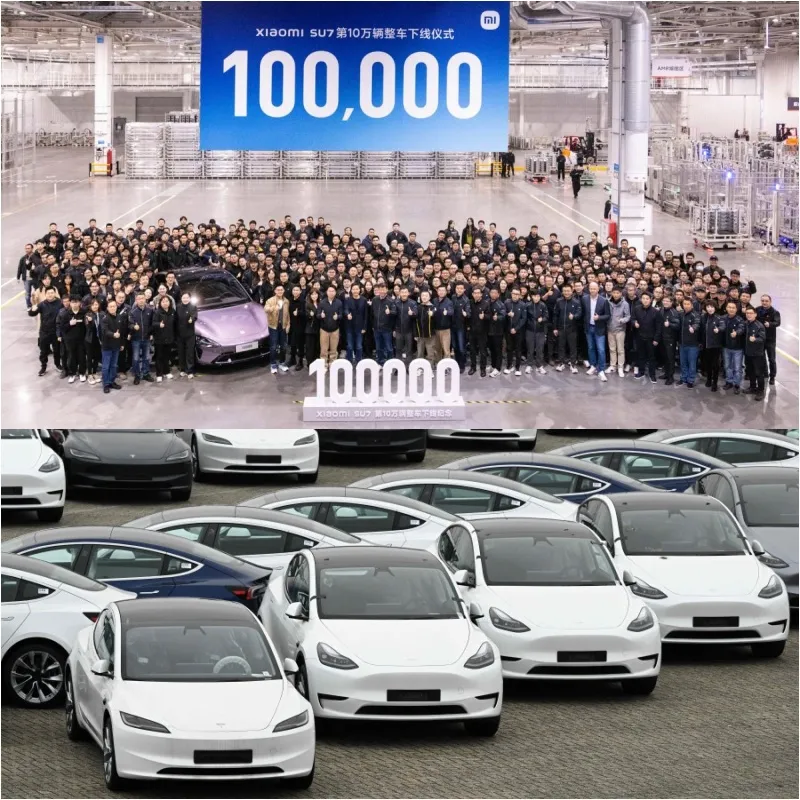
A Staged Scene for Fun
The image of Lei sleeping on the factory floor quickly gained attention, with many drawing comparisons to Elon Musk, who famously mentioned in 2018 that he had slept on the factory floor during the production ramp-up of Tesla’s Model 3. Musk’s remarks during a CBS This Morning interview highlighted the stress he faced while trying to meet production goals, stating that he had “no time to go home and shower.”
Lei’s staged moment in the factory seemed to mimic Musk’s story, but with a lighthearted twist. Despite the differences in their approaches, both CEOs have faced similar challenges in the electric vehicle industry, with the added pressure of managing public perception during difficult production phases.

Xiaomi’s Ambitious EV Goals and Financial Challenges
Xiaomi’s SU7 electric vehicle, the company’s first entry into the electric car market, is available in four versions: SU7, SU7 Pro, SU7 Max, and SU7 Ultra. The SU7 Ultra, the latest model, boasts engine power comparable to that of many luxury supercars. Xiaomi’s move into the electric vehicle market has drawn significant attention, as the company is primarily known for its smartphones.
However, despite the excitement surrounding the SU7, Xiaomi’s EV division is facing financial difficulties. In its second-quarter financial report for 2024, Xiaomi revealed a loss of $252 million in its EV segment. Reports indicate that the company is losing approximately $9,200 per unit sold for the SU7, a challenging situation for a company still in the early stages of its electric vehicle venture.
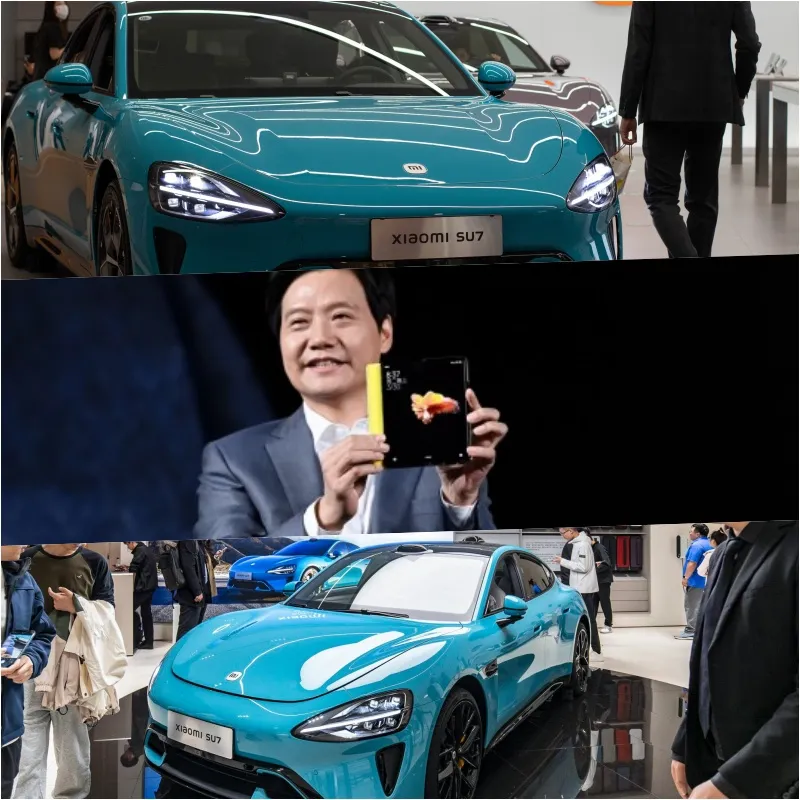
A Look Ahead
As Xiaomi continues to develop its electric vehicle offerings, it remains to be seen how the company will navigate the significant financial hurdles of entering such a competitive market. Despite the challenges, the company is committed to innovation in smart driving technology and has made substantial strides with its electric vehicles.
The staged factory scene may have been intended as a lighthearted moment, but it also underscores the intense pressures that both Lei Jun and his counterparts like Elon Musk face while leading ambitious EV projects. With high expectations and financial losses in the early stages of their electric vehicle ventures, Xiaomi’s future in the EV market will depend on whether the company can scale production, reduce costs, and drive consumer interest in its new vehicles.
In the meantime, Lei’s playful approach to the factory photo serves as a reminder that even the most intense industries have their lighter moments.
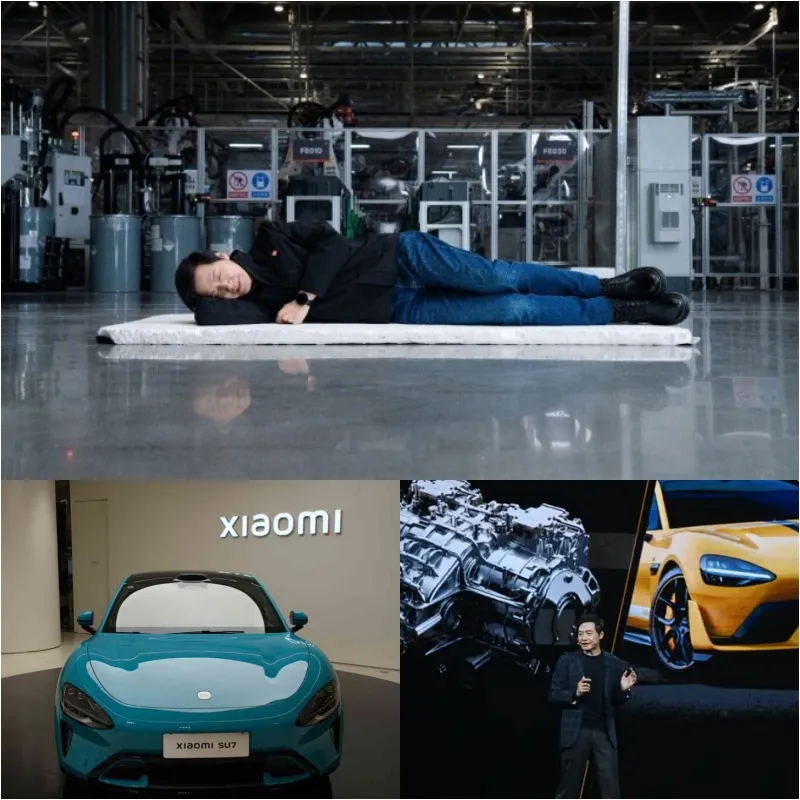

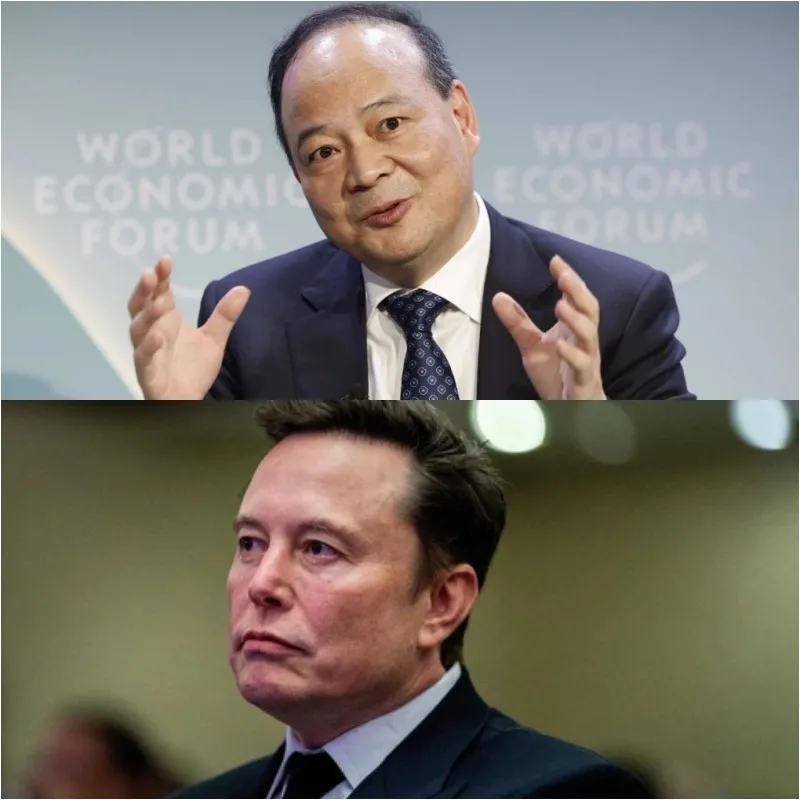




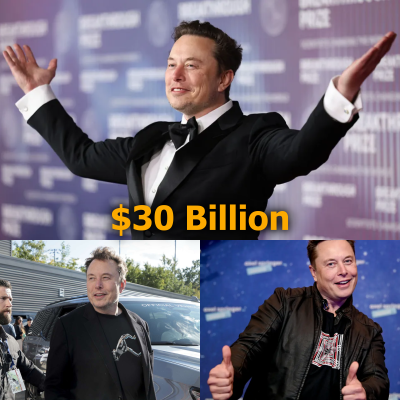

Post Comment